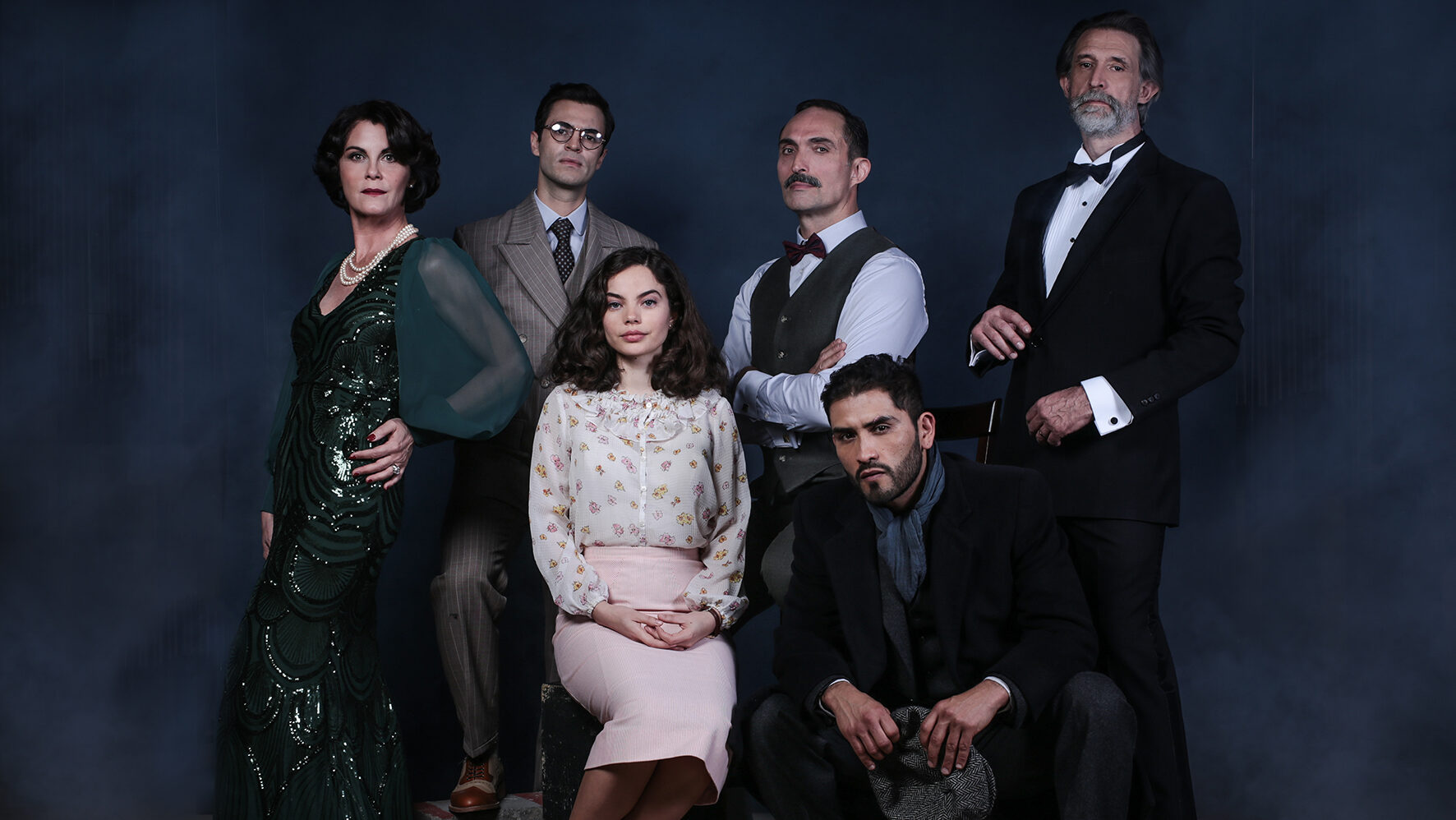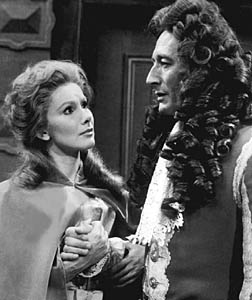Tag: Drama
Public TV celebrates 250th anniversary of Jane Austen’s birth
Propelled in part by numerous Masterpiece dramas based on her novels, Austen's popularity shows no signs of abating.APT syndicates ‘Hijos del Desierto’ for public TV distribution
The series from Chilean screenwriter Rodrigo Cuevas is the first Spanish-language drama from Latin America to be offered by American Public Television. ...‘Little Bird’ brings unique story of Indigenous identity to PBS
The six-part drama has a “social consciousness that can really appeal to younger viewers,” says Jessica Turk of Nashville Public Television.March [2012] brings major gifts for two pubTV shows
Philanthropists in California and New York contributed separate gifts of $1 million to two public TV shows last month. With her six-figure ...Masterpiece to be umbrella for 3 strands
Suspecting that Masterpiece Theatre is showing its age after 36 seasons — an eon in TV years — the program’s producers at Boston’s WGBH ...Monkey trial still timely for tour of radio docudrama
Ed Asner takes the role of Bryan, not Darrow, in LATW’s drama based on the Scopes transcript. John de Lancie, at right, ...As cume slips, duo aims to keep PBS ‘relevant’
For the past four years under PBS President Pat Mitchell, the network has had two chief program executives: at headquarters in Alexandria, ...Alistair Cooke, 95
Just five weeks after filing his last Letter from America for the BBC, Alistair Cooke died March 30 [2004] at his home in Manhattan. ...Forsyte Saga remake ‘goes for the youthful passion’
... Now The Forsyte Saga is coming down the pike again, in a six-hour adaptation of the first two books in the ...An Age of Kings: an import becomes public TV’s first hit
It was public TV's first unqualified national success, a smash hit. Before Masterpiece Theatre, American Playhouse or Hollywood Television Theatre, there was ...How should public TV follow up the Forsyte Saga success?
Near the end of June 1970, Stanford Calderwood and his wife, Norma Jean, were comfortably settled in their regular rooms in London’s ...How did ‘The Buccaneers’ end up with such a happy ending?
Fifty-seven years ago, in her last novel, Edith Wharton told the story of The Buccaneers — a platoon of lovely American girls invading England, ...Arts on public television: signatures of past, present and generations to come
Pulitzer Prize-winning playwright Wendy Wasserstein wowed a lunchtime audience at the Public Television Annual Meeting in June 1994 with her personal testimonial ...







